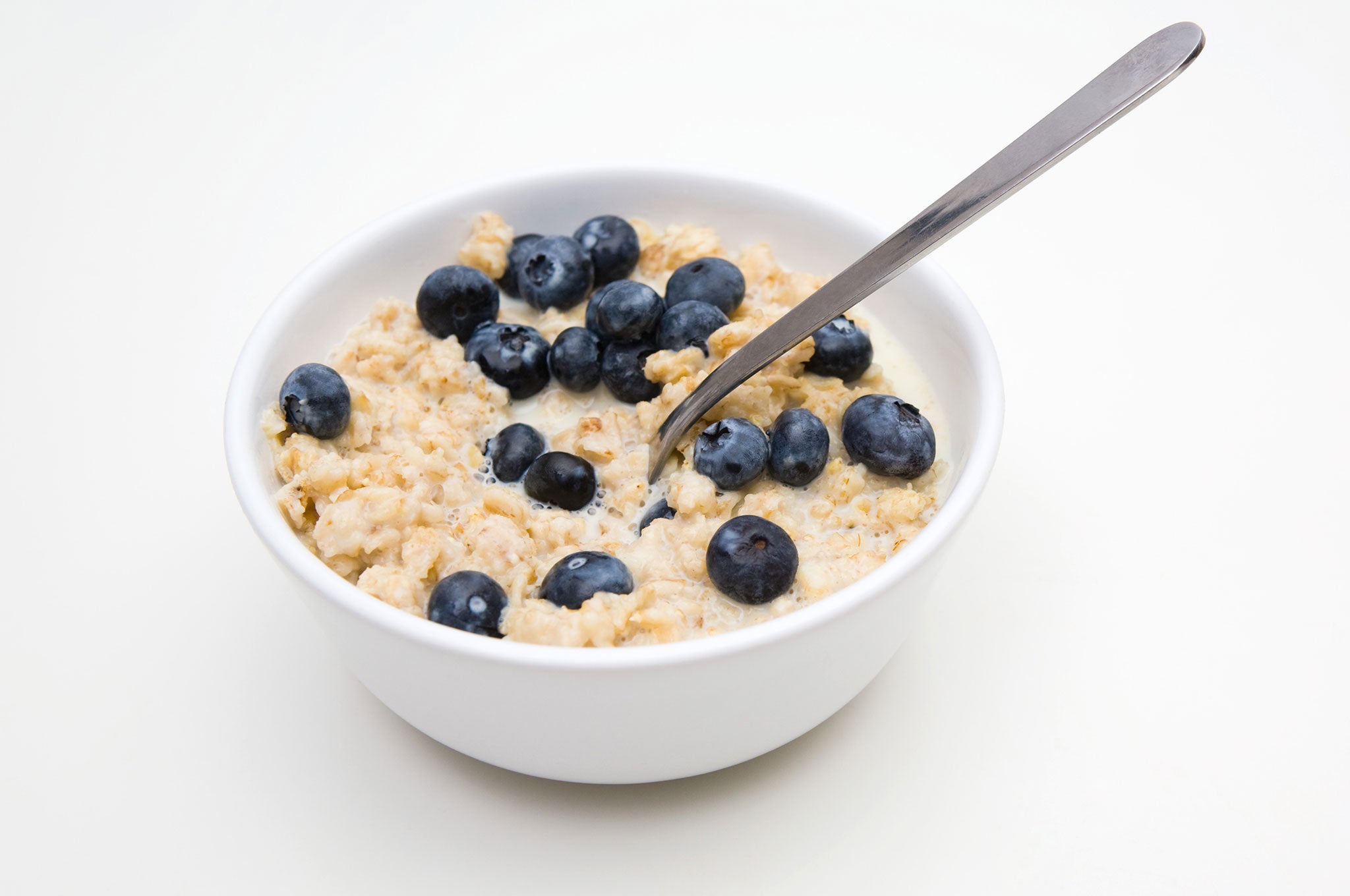Porridge could be key to a healthy life, Harvard research finds
Harvard University conducted a major study which found that whole grains reduce the risk of heart disease

Your support helps us to tell the story
From reproductive rights to climate change to Big Tech, The Independent is on the ground when the story is developing. Whether it's investigating the financials of Elon Musk's pro-Trump PAC or producing our latest documentary, 'The A Word', which shines a light on the American women fighting for reproductive rights, we know how important it is to parse out the facts from the messaging.
At such a critical moment in US history, we need reporters on the ground. Your donation allows us to keep sending journalists to speak to both sides of the story.
The Independent is trusted by Americans across the entire political spectrum. And unlike many other quality news outlets, we choose not to lock Americans out of our reporting and analysis with paywalls. We believe quality journalism should be available to everyone, paid for by those who can afford it.
Your support makes all the difference.Goldilocks clearly had it right all along, as it turns out that a bowl of porridge each day could be the key to a long, healthy life.
Harvard University conducted a major study which found that whole grains reduce the risk of heart disease, along with other major chronic diseases such as type 2 diabetes.
Researchers tracked more than 100,000 people for over than 14 years, monitoring diets and health outcomes.
Everyone involved in the study was healthy in 1984 when they enrolled, however when they were followed at the end of the research in 2010 more than 26,000 had died.
Those who ate the most whole grains, such as porridge, brown rice, corn and quinoa seemed protected from several illnesses, particularly heart disease.
Scientists found that for each ounce (28g) of whole grains eaten a day – the equivalent of a small bowl of porridge – the risk of all death was reduced by five per cent.
Oats are already the breakfast of choice for many athletes, who find the high fibre levels helps to maintain energy levels. Whole grains contain 25 per cent more protein than refined grains, such as those that make pasta, white rice and white flour.
The new research suggests that if more people switched to whole grains, thousands of lives could be saved. Coronary heart disease is Britain’s biggest killer, responsible for around 73,000 deaths in the UK every year. Around 2.3 million people are living with the condition: one in six men and one in 10 women will die from the disease.
"These findings further support current dietary guidelines that recommend increasing whole-grain consumption," said lead author Dr Hongyu Wu of Harvard School of Public Health.
"They also provide promising evidence that suggests a diet enriched with whole grains may confer benefits towards extended life expectancy."
The study is published in the JAMA: Internal Medicine journal
Join our commenting forum
Join thought-provoking conversations, follow other Independent readers and see their replies
Comments